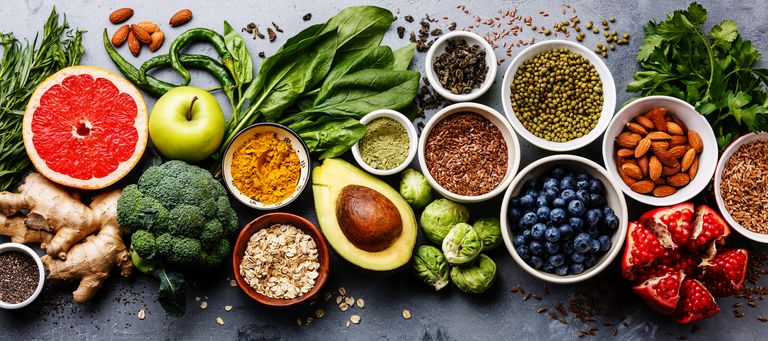“But aren’t you a vegetarian?”
A question I often get asked (sometimes in a very accusatory tone) when I order a non-vegetarian meal at a restaurant or grab a tuna salad sandwich at a work function where they’ve forgotten to order anything vegetarian.
I’m not a vegan, or even a vegetarian. I often tell people I’m vegetarian just to avoid confusion and debate, but I don’t follow any special diet strictly. However, I despise the judgemental looks, the arguments, and the fact that people automatically assume that if I don’t eat meat that it means I want to take away their right to do so.
At home, we eat almost entirely vegetarian, and I limit my dairy intake as much as possible. We still use eggs for baking, but we don’t eat excessive amounts of cooked eggs. When at a restaurant, I prefer to choose from the vegetarian options, but if all they offer is a salad or fries, I will branch out. This works perfectly for me. My diet still remains about 95% meat & fish-free, which essentially cuts my carbon footprint in half, and that’s the whole reason why I’ve chosen this diet anyway.

The idea of limiting my meat and dairy intake is what I consider to be the golden mean of plant-based eating. Plant-based diets can take many forms, from vegan to vegetarian to flexitarian to omnivore. The common denominator is that they make plant foods the focal point of the plate. If you choose to eat animal foods like meat, poultry, fish, eggs or dairy, they play smaller, supporting roles. With this approach I experience the advantages from both worlds, whilst still committing myself to helping save the environment and animals lives. When it comes to food, most people choose an “all or nothing” approach, but I simply don’t see that as necessary. I also don’t see the need to identify with my food-choices. Why should I need to call myself a “vegetarian” or “vegan”? What is exactly the added value of this label?
You don’t need to put yourself in a box, or identify with your diet choices.
Tweet
No one is forcing you to call yourself a meat-eater, vegan, flexitarian, pescatarian, vegetarian, etc. It doesn’t have to be all-or-nothing, and no, I’m not going to take your precious steak away from you! Of course, there are plenty of preachy people out there who will attack you for being a meat-eater, but I’m not here for that and the only time I ever get into arguments with people is when they try to tell me meat has no impact on the environment (because that’s just nonsense).
What you eat is not your identity. If you refuse to even try vegetarian food because you are a meat-eater, you’re not making life any easier for yourself, and if you are a vegan suing your neighbour for having a barbecue or Burger King for grilling your Impossible Whopper on the regular broiler, then you also aren’t making the world a better place. We should all just leave the animosity behind and realise that we are all working towards a better world.
Baby steps 👣
You can easily change your eating habits without forcing a label onto yourself. Take baby steps by first making meals where meat isn’t the focus, but the complimentary part of the dish. I personally wouldn’t start by having meat replacement alternatives as your main part of the dish, because you may be disappointed if you don’t know what to buy. Slowly phase out your meat-based dishes and build up from there. I’m at a point now where I can take almost any recipe and either leave out the meat or come up with another food to replace it with (e.g. beans, lentils, veggies, or meat-alternatives).
I am hoping that my recipes can inspire you to reduce your meat consumption, without pressuring you to put a label on yourself. Every little bit helps and I’ll feel accomplished if I can inspire just one of you to think more carefully about what’s on your plate.
Happy cooking! 👩🍳
